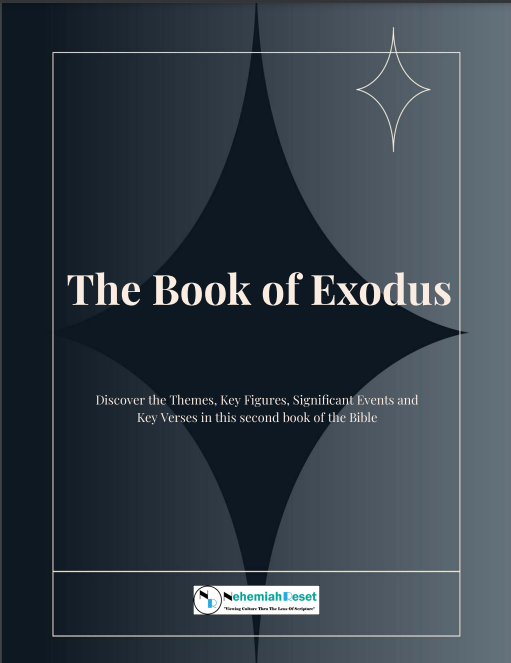
Book of Exodus: Its Themes, Key Figures, Significant Stories and Verses
The book of Exodus is one of the most significant and impactful books in the Bible, chronicling the liberation of the Israelites from slavery in Egypt under the leadership of Moses. It the second book of the Pentateuch, or the Torah, and follows the book of Genesis in laying the foundation for the formation of the nation of Israel. Exodus is a book of deliverance, redemption, and covenant, with themes of God’s faithfulness, sovereignty, and justice woven throughout its narrative.
The authorship of the book of Exodus, like many of the books the Bible, is a topic of debate among scholars. Trad, the book has been attributed to Moses, who plays a central role in its events. However, modern scholars suggest that the book was likely compiled from various sources, including oral traditions and written records, over a period of time. Regardless of its authorship, the book of Exodus is considered to be a foundational text in the Hebrew Bible and the Christian Old Testament.
The historical context of Exodus is crucial to understanding its significance. The Israelites had been enslaved in Egypt for generations, and their suffering and oppression had reached a breaking point. God raises up Moses, a Hebrew raised as an Egyptian prince, to lead the Israelites out of bondage and into the Promised Land. The Exodus event is a pivotal moment in the history of Israel, marking their liberation and the beginning of their journey to become a nation under God’s guidance.
For each chapter in the Book of Exodus we provide the theme, the key figures, significant stories and the top 5 verses in each chapter.
